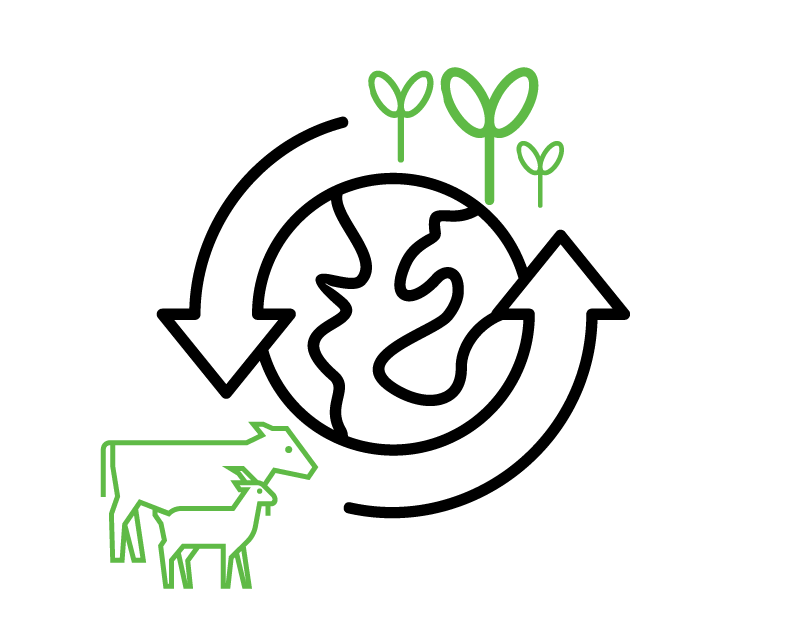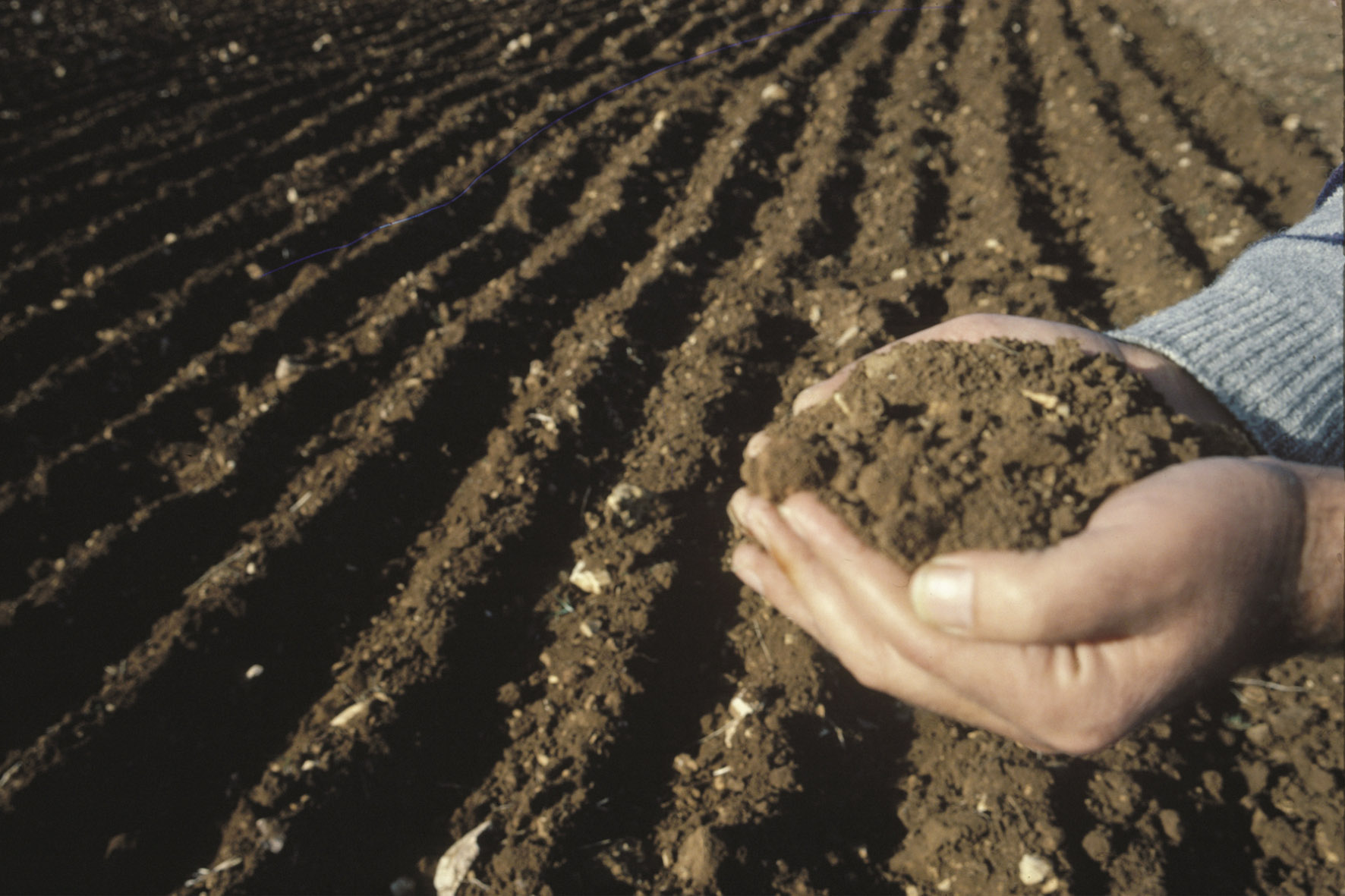Land, soil and biodiversity management
FAO in NENA goals for land management

Halting degradation
Implementing practices to stop or minimize land degradation, including erosion, soil pollution and nutrient depletion, through sustainable land management techniques.

Sustainable land management
Promoting integrated land use and management and sustainable farming practices to maintain land productivity and water quality.

Maintaining intact rangelands
Preserving the ecological balance of rangeland ecosystems while enhancing livestock productivity through sustainable pasture management and improved animal husbandry.

Sustainable forests
Managing forests in a sustainable manner, including through afforestation, reforestation and landscape restoration, to maintain ecological integrity and support the provision of forest goods and services.







